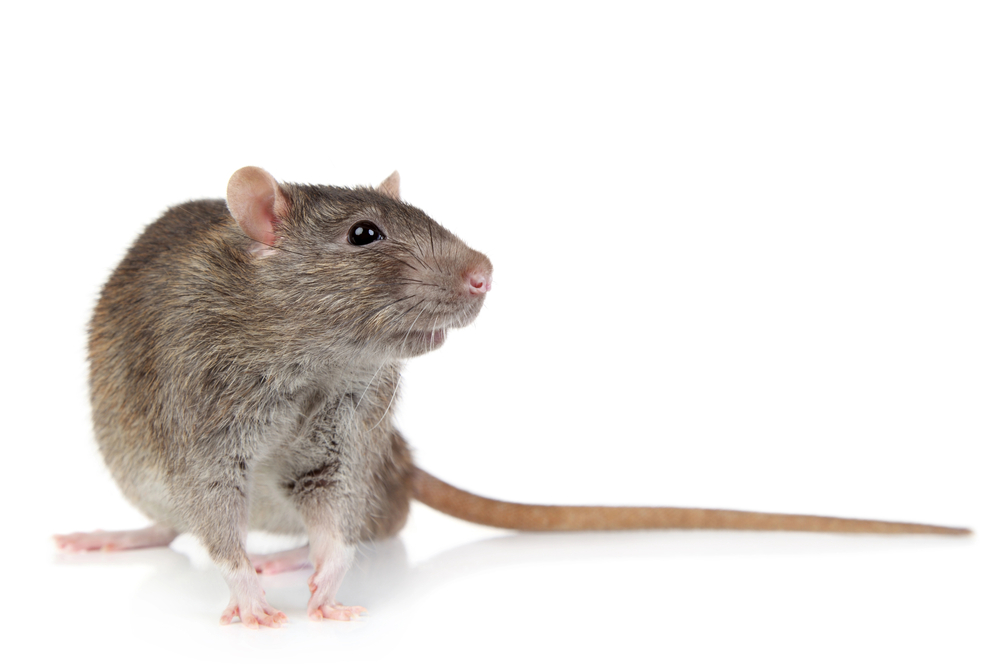Rats, often uninvited guests in our homes and cities, are more than just a nuisance. These rodents are carriers of several diseases that pose serious health risks to humans, making effective pest control an essential public health service.

The Risky Business of Rats
Rats are notorious for their survival skills and adaptability in diverse environments, which unfortunately includes our homes and workplaces. As they scurry through sewers and garbage, they pick up a host of pathogens which they can spread in residential and commercial spaces. Here are some of the most concerning diseases transmitted by rats in the UK:
- Leptospirosis (Weil’s Disease): Leptospirosis is perhaps the most well-known disease spread by rats, transmitted through the urine of infected animals. It can enter the human body through cuts and abrasions, or even through the mucous membranes of the mouth, nose, and eyes. Contact with contaminated water is a common transmission route, especially in waterlogged areas. Symptoms range from mild flu-like effects to severe multi-organ failure, and without treatment, Weil’s disease can be fatal.
- Hantavirus: While less common in the UK than in some other parts of the world, hantavirus is a severe and sometimes deadly respiratory disease transmitted through the droppings, urine, or saliva of infected rats. Inhaling dust contaminated by rat excrement can lead to Hantavirus Pulmonary Syndrome (HPS), a serious respiratory disease that can be fatal if untreated.
- Rat-Bite Fever: This disease can be transmitted through bites or scratches from infected rats, or by handling rats with the disease (even without a bite or scratch). Symptoms include fever, muscle pain, vomiting, and headache and can become serious without proper medical treatment.
- Salmonellosis: Rats are also carriers of Salmonella bacteria, which can contaminate food surfaces. This disease is often spread by consuming food that has been contaminated by rat feces and is characterized by diarrhea, fever, and abdominal cramps.
Preventing Rat-Related Diseases
The key to controlling these health risks is effective pest management. Here are some measures you can take to minimize rat infestations and protect your health:
- Secure Food Sources: Keep food in sealed containers and dispose of garbage regularly in secured bins. Rats are attracted to food scraps and will frequent areas where they can easily find nourishment.
- Block Entry Points: Seal any gaps or holes in your home’s exterior that could serve as entry points for rats. Pay special attention to areas around pipes and under doors.
- Reduce Clutter: Clutter provides hiding spots for rats. Keeping your environment clean and tidy reduces the chances of a rat settling in.
- Professional Pest Control: For effective eradication, professional pest control services are recommended. These experts can provide tailored solutions to ensure rats are kept away from your property permanently.
Conclusion
While rats are a common issue in urban environments across the UK, understanding the risks associated with them and taking proactive steps for prevention can significantly reduce the threat to public health. Engaging with pest control professionals not only helps in managing current infestations but also prevents future problems, safeguarding our homes, businesses, and health from these dangerous rodents. For more detailed advice or assistance, contacting a local, reputable pest control service is recommended.